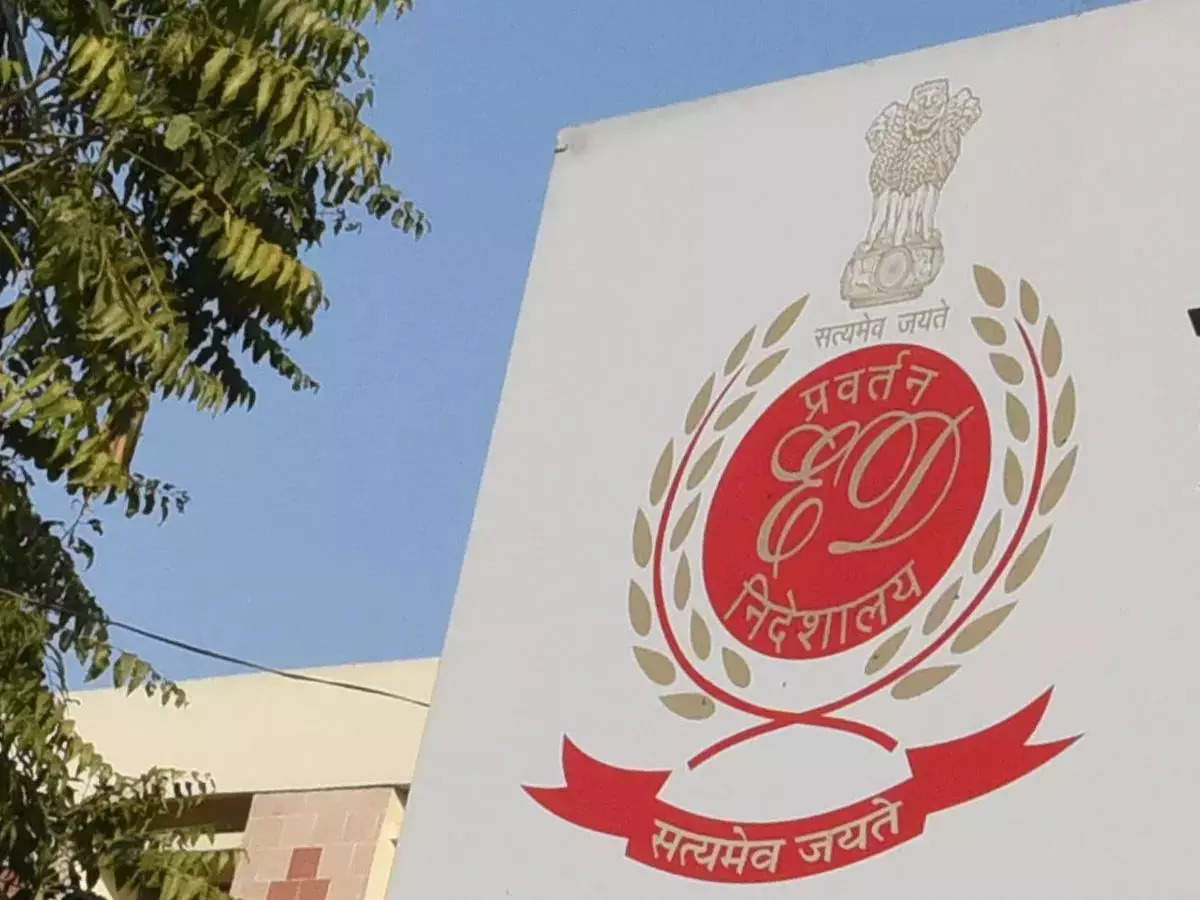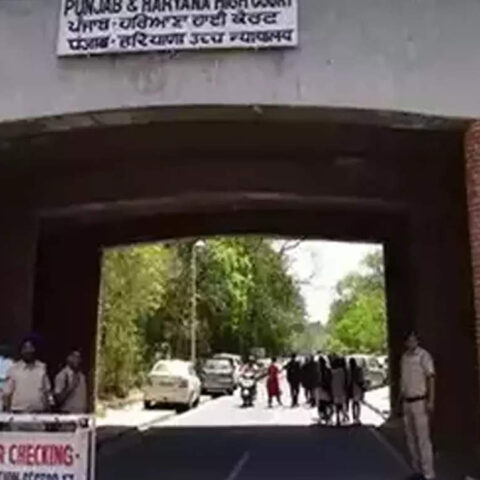
NOIDA: Noida Authority has requested the Enforcement Directorate (ED) to recover Rs 191.9 crore in dues from Hacienda Project Pvt Ltd (HPPL), the developer of Lotus 300 in Sector 107.
The request, made by CEO Lokesh M, follows an order from the Allahabad high court and recent ED searches in which Rs 42 crore in cash, gold, and diamonds were seized from properties linked to former Noida CEO Mohinder Singh and the developers.
Lokesh M told TOI that he wrote to the ED deputy director, Lucknow regional office, on Thursday and requested the central investigating agency to recover or seize dues from the developer. “We have urged the ED to deposit the amount to settle the outstanding liabilities with the Authority,” he said.
In 2010, a 17-acre plot was leased to HPPL with Nirmal Singh, Surpreet Singh Suri, and Vidur Bhardwaj as the promoters/directors, for a residential project Lotus 300 with 300 apartments.
The three promoters allegedly got the prime land without investing any amount, launched the project and collected Rs 636 crore from homebuyers. Of this, they allegedly siphoned off about Rs 190 crore, then sold off a portion of land to a third company, pocketed the entire sale proceeds — nearly Rs 236 crore — and paid a petty sum to the Noida Authority towards the cost of land/premium for land and lease rent, which they were supposed to pay.
After diverting the funds, the three directors resigned in 2015, pushing HPPL into insolvency — the corporate insolvency resolution was initiated after IndusInd Bank moved an application before NCLT in 2022 — to escape criminal and civil liabilities.
In Feb this year, the Allahabad High Court, while hearing petitions filed by the former promoters challenging a Rs 63.7-crore recovery certificate issued by the Noida Authority in 2019, ordered an ED investigation into allegations of money laundering and diversion of funds from homebuyers. The court directed the former directors to cooperate with the investigation and authorised the ED to take legal action if they failed to do so.
On Sept 18-19, ED searched 18 locations across Delhi, Noida, Meerut, Chandigarh and Goa, as a part of their investigation into a Rs 426-crore fraud involving homebuyers of the Lotus 300 project. The searches covered the offices and residential properties of HPPL, its three former promoters, and related entities, including Cloud 9 Projects Pvt Ltd and Sharda Exports, which is linked to carpet traders, its owners Aditya Gupta and Ashish Gupta in Meerut. Properties of former Noida CEO Mohinder Singh were also searched.
The searches came on the heels of Supreme Court’s Aug 30 order that tweaked its June order staying any further investigation by the ED against two former directors — Singh and Bhardwaj. The apex court observed that the stay on further probe did not prevent the central investigating agency from taking legal action against Vidur Bhardwaj and Nirmal Singh “in accordance with the law”.
This was after ED informed the SC that its preliminary probe, initiated on a Feb 2024 Allahabad high court order, had revealed financial irregularities by the former directors, which included diversion of funds.
During its probe, ED reviewed nine FIRs filed by the Economic Offences Wing (EOW) of the Delhi Police between 2017 and 2020, which revealed that funds from homebuyers were diverted to entities like Three C Universal Developers Pvt Ltd and Granite Gate Properties Pvt Ltd. These funds were then funnelled through various companies in the form of unsecured loans and advances, with the original directors — Singh, Suri and Bhardwaj — or their proxies listed as directors.
The ED’s investigation also found that after siphoning off funds and selling the land, all three directors resigned from HPPL and appointed their employees as directors to evade liability.
In its affidavit to the Supreme Court, the ED revealed that the directors had created several shell companies to launder the proceeds of the fraud. The agency also found a Rs 65-crore loan from IndusInd Bank, which was intended for the project’s completion, had been misappropriated. The loan later became a non-performing asset, leaving the financial creditor in a vulnerable position.









